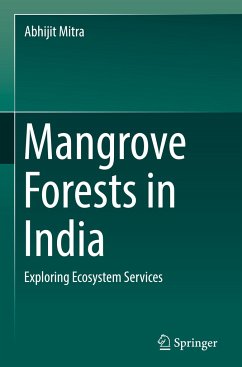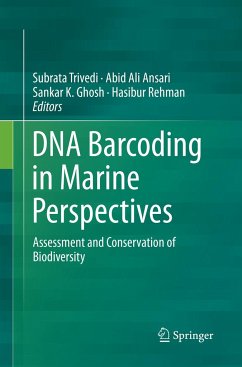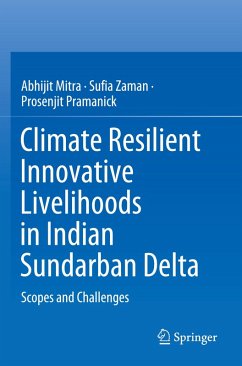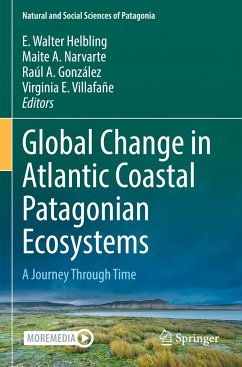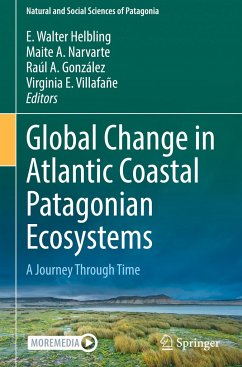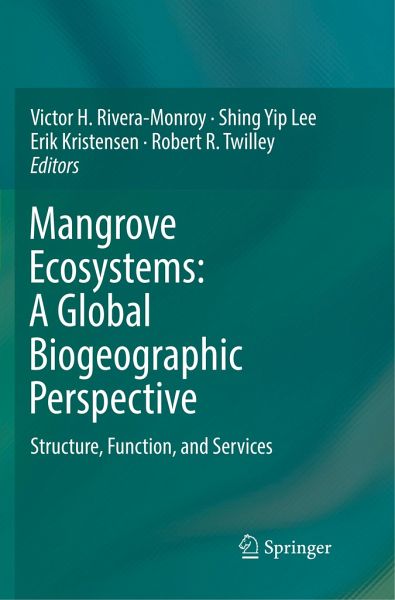
Mangrove Ecosystems: A Global Biogeographic Perspective
Structure, Function, and Services
Herausgegeben: Rivera-Monroy, Victor H.; Lee, Shing Yip; Kristensen, Erik; Twilley, Robert R.
Versandkostenfrei!
Versandfertig in 6-10 Tagen
129,99 €
inkl. MwSt.

PAYBACK Punkte
65 °P sammeln!
This book presents a comprehensive overview and analysis of mangrove ecological processes, structure, and function at the local, biogeographic, and global scales and how these properties interact to provide key ecosystem services to society. The analysis is based on an international collaborative effort that focuses on regions and countries holding the largest mangrove resources and encompasses the major biogeographic and socio-economic settings of mangrove distribution. Given the economic and ecological importance of mangrove wetlands at the global scale, the chapters aim to integrate ecologi...
This book presents a comprehensive overview and analysis of mangrove ecological processes, structure, and function at the local, biogeographic, and global scales and how these properties interact to provide key ecosystem services to society. The analysis is based on an international collaborative effort that focuses on regions and countries holding the largest mangrove resources and encompasses the major biogeographic and socio-economic settings of mangrove distribution. Given the economic and ecological importance of mangrove wetlands at the global scale, the chapters aim to integrate ecological and socio-economic perspectives on mangrove function and management using a system-level hierarchical analysis framework. The book explores the nexus between mangrove ecology and the capacity for ecosystem services, with an emphasis on thresholds, multiple stressors, and local conditions that determine this capacity. The interdisciplinary approach and illustrative study cases included inthe book will provide valuable resources in data, information, and knowledge about the current status of one of the most productive coastal ecosystem in the world.



